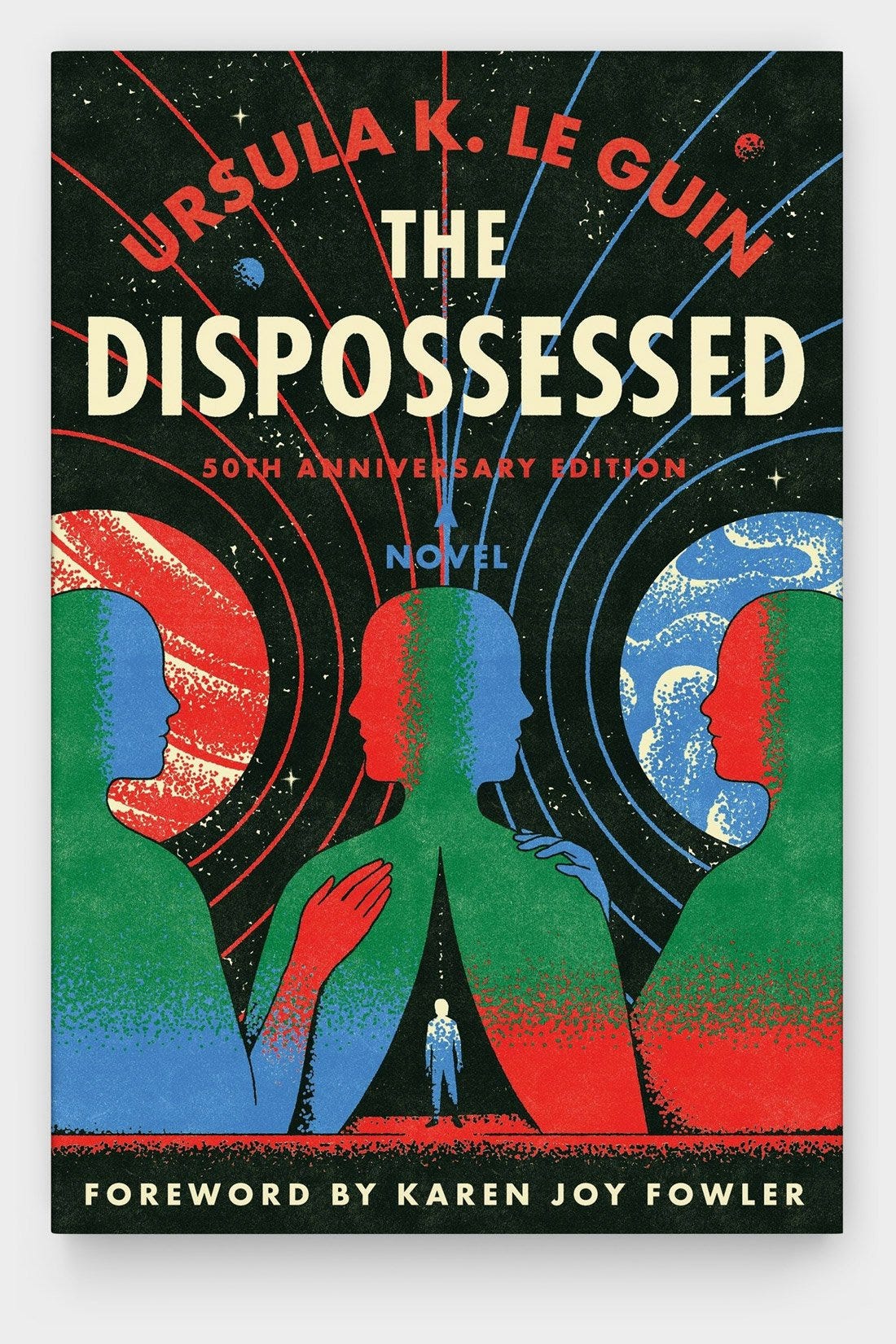Our 2024-2025 philosophical read-alongs
Arendt, Aristotle, Chuang Tzu, and more. Plus, a schedule for Mrs Dalloway.
I have figured out the next few read-alongs we’ll be doing here at Commonplace Philosophy, and I’ll be sharing some details with you today.
In October, we will read Mrs Dalloway by Virginia Woolf. This should be a nice palette cleanser after our read of the Nicomachean Ethics. But already, there are complications.
Mrs Dalloway has no chapters. Thus, we have to go by page numbers. This is difficult unless all of us are reading the same edition. So we have two options: insist that everyone uses the same edition, or muddle through and be OK with the fact that we won’t all be at exactly the same place.
I have decided that the latter is a better option.
The following schedule has page numbers taken from the Penguin Classics Deluxe Edition of Mrs Dalloway. That edition has 166 pages. What I’ve done is roughly divide the book into 4 parts; if your edition has a different number of pages, you can make your own rough division, and we should be in a similar place in the text.
October 7: Discussion of pages 1-42
October 14: Discussion of pages 42-84
October 20: Zoom call, 8 PM Eastern
October 21: Discussion of pages 84-126
October 28: Discussion of pages 126-166
Note that the call on October 20 is our members-only call; if you want to join that call, become a paying subscriber.
I also want to note that I am not the only person on Substack reading Woolf; there is a Virginia Woolf reading group that will be reading To the Lighthouse next year. They previously read Mrs Dalloway. If you like Woolf, maybe go give them a visit.
I’ve also figured out the next few books we will read together. Please keep in mind that the timelines are a little tentative, as we have to see how fast we can make it through some of these books. Please be flexible.
If you include the first book, which we’ll start in 2024 but end in 2025, then we’ll read six books together: four works of philosophy and two novels.
The Human Condition
Starting in mid-November, and probably extending through January and February (as we’ll take some time off in December), we will read The Human Condition by Hannah Arendt. As the description from the University of Chicago Press writes:
The problems Arendt identified then—diminishing human agency and political freedom, the paradox that as human powers increase through technological and humanistic inquiry, we are less equipped to control the consequences of our actions—continue to confront us today.
Since I’m thinking so much about work, AI, and what it means to be human, this is a book I really need to read — so let’s read it together.
A schedule will be released once we’re a little closer to the starting date. I recommend getting this new edition from the University of Chicago Press, as it is the one I’ll be reading.
The Dispossessed
I love this book, and I want to share it with all of you. This is Ursula K. Le Guin’s masterpiece of philosophical science fiction, an exploration of freedom, responsibility, and order. It is near-perfect, and I hope you love it even a fraction as much as I do.
I expect us to read this book in March. Any edition is fine.
The Republic
Considered by modern readers to be the pinnacle of Plato’s philosophy, the Republic is traditionally divided into ten books. This is a true essential of ancient Greek philosophy, and we’ll benefit from reading it together.
I expect us to read this in March, April, and the beginning of May. I’ll let you know which editions to buy, and which to avoid, about a month before.
The Remains of the Day
As we return to fiction, I wanted to read a novel by Ishiguro. The Remains of the Day is one of his more ordinary novels, and that’s good — it is easy to think that big philosophical ideas can only be explored in fantastical settings. The ordinary moral struggles of the protagonist, a man faced with the reality (and banality) of evil, should prove fruitful for discussion.
This will be our June read.
In July, we’ll take a break for a month — I’ll write occasionally, but we won’t have any read-alongs, and things will slow down.
Chuang Tzu
I have long wanted to read more Chinese philosophy, and since I have read the Tao Te Ching recently, I think going on to Chuang Tzu (also rendered as Zhuangzi) will prove fruitful. Here, I will be out of my depth, reading something I really don’t understand. As long as we take an exploratory, seminar-like approach, I think we’ll be OK.
This is what we will read in August and September. I’m hunting for the best edition.
Aristotle’s Politics
Then, we’ll start our final read of 2025: Aristotle’s Politics. This will likely extend into 2026 given the pace we’ll need to take. The Politics is something of a sequel to the Nicomachean Ethics, so it will be very good for us to return to Aristotle this way.
I already know that I’ll recommend the University of Chicago edition, as it is the one I have on my shelf.
Yes, we’re skipping a novel between Chuang Tzu and Politics, but that’s an exception I hope you’ll forgive.





Thanks for the mention, Jared! I hope you have fun reading and discussing 'Mrs Dalloway.' So so much to talk about with that novel. And a bunch of other excellent books in the mix. Great stuff!
Quick question, do we have a update on when we might read the human condition?